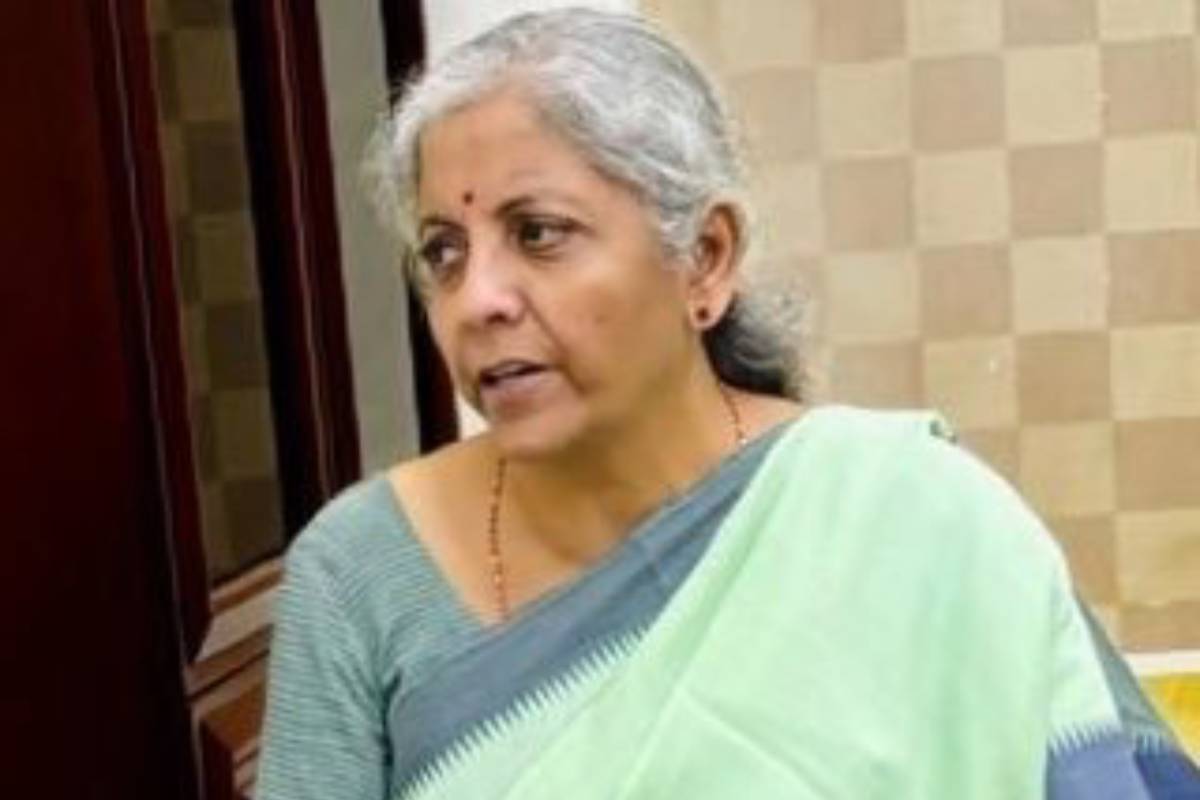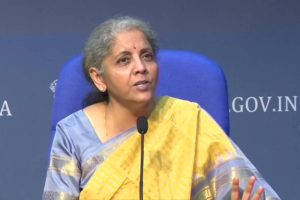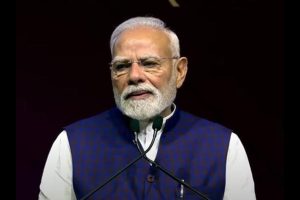Finance Minister Nirmala Sitharaman will hold consultations with apex industry chambers, farmers’ associations and state finance ministers in the run-up to the full budget for 2024-25 that is expected to be presented in late July.
While the meeting with India Inc. is expected to be held on Thursday, the consultations with farmers’ associations and economists are likely to take place on Friday.
The Finance Minister will also hold a meeting with the finance ministers of states for consultations on the budget when they arrive in New Delhi for the GST Council meeting on Saturday.
The Union government administers 108 Centrally Sponsored Schemes (CSS) through state and UT governments, with a budget of approximately Rs 5.01 lakh crore for FY 2024-25 and Rs 4.76 lakh crore for FY 2023-24. Discussions with the state finance ministers are expected to centre around expediting the implementation of these schemes.
According to senior officials, a lot of spadework for the budget has already been done as part of the 100-day agenda of the government which will be incorporated in the budget.
Discussions across wider sections of industry and farm bodies will enable the government to get a broader view of issues that need to be taken on board.
The budget is expected to give priority to the development of agriculture and rural areas with special emphasis on empowering women’s self-help groups (SHGs) with schemes such as the creation of Lakhpati Didis.
Prime Minister Narendra Modi has sent a clear message of continuity in the government’s economic policy with the reappointment of Nirmala Sitharaman as Finance Minister.
Sitharaman’s return comes on the back of a successful track record with the Indian economy clocking a robust 8.2 per cent growth in 2023-24, which is the fastest among the world’s major economies, and inflation coming down to below 5 per cent.
The government is expected to continue with its approach of large investments in big infrastructure projects in the highways, ports and railways sectors which spur growth and create more jobs in the economy.
The production-linked incentive (PLI) scheme which has transformed India into a manufacturing hub of electronics goods such as smartphones may be extended to other sectors such as toys and textiles. The Government’s focus on promoting labour-intensive MSMEs that have the potential of creating large-scale employment will continue.
The Finance Minister heads into the budget-making exercise with the fiscal deficit well under control.
During her tenure as Finance Minister, the fiscal deficit has also been reduced from more than 9 per cent of GDP in 2020-21 to the targeted level of 5.1 per cent for 2024-25. This has strengthened the macroeconomic fundamentals of the economy. S&P Global Rating raised India’s sovereign rating outlook to ‘positive’ from ‘stable’, citing the country’s improving finances and strong economic growth.
With the hefty Rs 2.11 lakh crore dividend from the RBI and the buoyancy in taxes, the Finance Minister has a lot of headroom for pushing ahead with policies aimed at accelerating economic growth to create more jobs and incomes.





